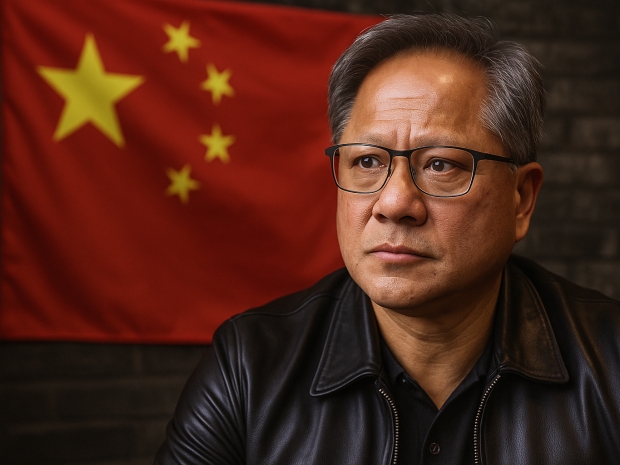Talking to Wall Street analysts, Huang said: “Shielding Chinese chipmakers from US competition only strengthens them abroad.”
He noted that the assumption that China cannot make its own AI chips is “clearly wrong,” emphasising that “the platform that wins the AI developers wins AI.”
In response, Nvidia is developing a lower-cost AI chip for China based on its latest Blackwell architecture, aiming to comply with US regulations while maintaining a presence in the Chinese market.
However, US export restrictions on AI chips to China have impacted Nvidia's business. The company took a $4.5 billion charge due to unsold H20 chip inventory and missed out on $2.5 billion in sales, with an expected $8 billion revenue loss from China in the current period.
Despite the challenges, Nvidia continues to expand globally. Huang has been touring countries like Saudi Arabia, the UAE, and Taiwan, announcing major infrastructure spending plans with sovereign AI customers. He plans to visit Europe next, including France, the UK, Germany, and Belgium, to secure additional deals.
The company had earlier disclosed that it anticipated a $5.5bn writedown from the China restrictions, but on Wednesday it said it had been able to “re-use certain materials”, reducing the impact by about a billion dollars.
Net income jumped by 26 per cent to $18.8bn, slightly below estimates of $19.5bn.
Adjusted gross margins, a measure of profitability that excludes operating expenses and the $4.5bn April charge, were 71.3 per cent, in line with the 71 per cent Nvidia said it expected at its last earnings report in February and what Wall Street had been expecting.
Its gross margin outlook for the current quarter was slightly above estimates of 72 per cent, compared with the 71.7 per cent expected by analysts.
The company's stock has responded positively, with shares increasing over five per cent in after-hours trading following the earnings report.




